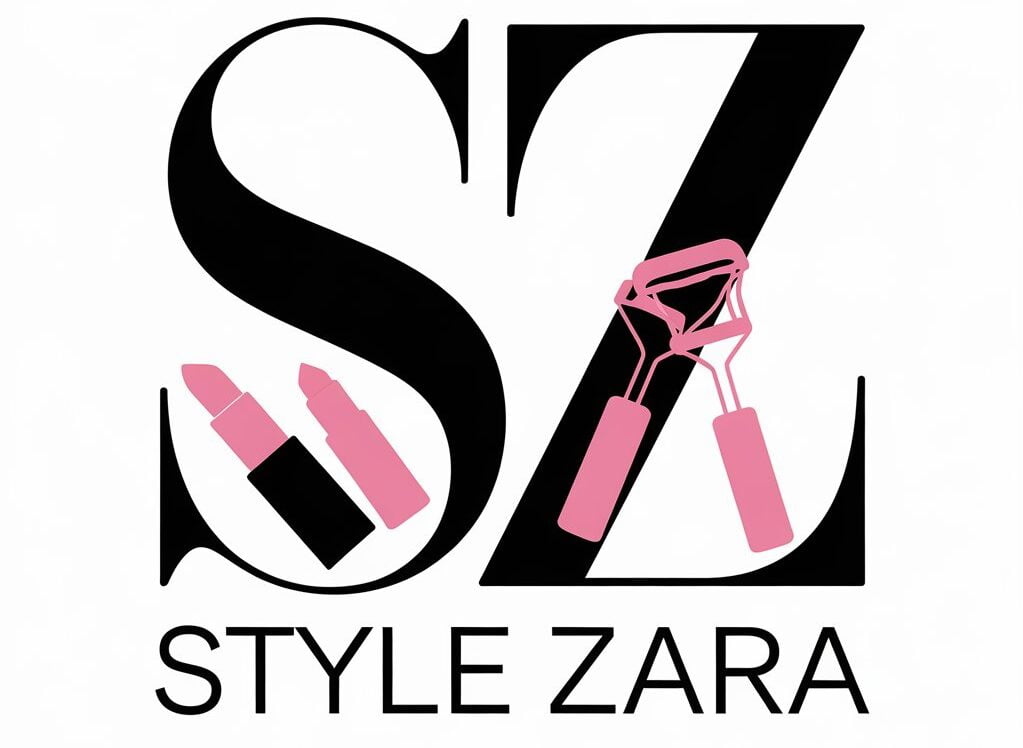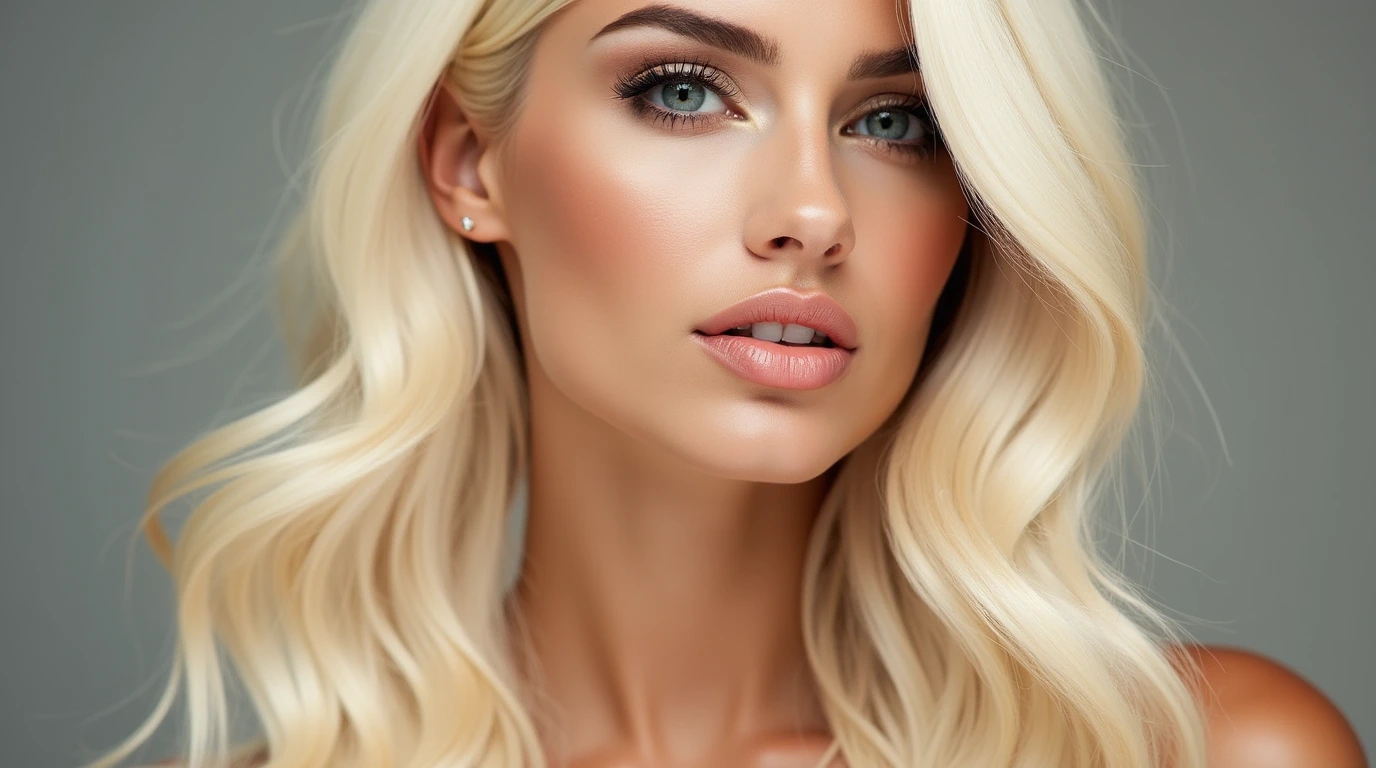Tips for Scalp Health and Hair Growth
Maintaining a healthy scalp is paramount for achieving luscious hair growth, regardless of the hairstyles you prefer—be it stunning weave hairstyles, chic short hair, or flowing long hair. Often overlooked, scalp health lays the foundation for vibrant hair, as it is the environment in which hair follicles thrive. This article delves into essential tips for nurturing your scalp, optimizing hair growth, and enhancing your overall hair care routine.
Key Takeaways
- Understand Your Scalp Type: Knowing whether you have a dry, oily, or balanced scalp can tailor your hair care approach for better results.
- Regular Cleansing is Crucial: Cleansing your scalp of excess oil and product buildup can prevent issues like dandruff and promote a healthier environment for hair growth.
- Moisturization Matters: Keeping the scalp hydrated can prevent dryness and irritation, which can hinder hair growth.
- Healthy Diet Supports Hair Growth: Nutrients play a critical role in hair health, making a balanced diet a key component of effective hair care.
- Avoid Heat and Chemical Damage: Minimizing exposure to heat styling tools and harsh chemicals helps maintain scalp and hair health.
1. Know Your Scalp Type
Understanding your scalp type is fundamental to effective hair care. A dry scalp may lead to flakiness and itchiness, while an oily scalp can attract dirt and product buildup. A balanced scalp, on the other hand, supports healthy hair growth. Identifying your scalp type allows you to select appropriate products and treatments tailored to your specific needs.
2. Regular Cleansing
Regularly cleansing your scalp helps eliminate dirt, excess oils, and product residue that can inhibit hair growth. Opt for a sulfate-free shampoo that gently removes impurities without stripping the scalp of its natural oils. For those with weave hairstyles, consider a clarifying shampoo every few weeks to maintain scalp hygiene without compromising the integrity of your extensions.
Cleansing Frequency Table
| Scalp Type | Recommended Cleansing Frequency |
|---|---|
| Oily | 2-3 times a week |
| Dry | Once a week |
| Normal | 1-2 times a week |
| Product Build-up | As needed (clarifying shampoo) |
3. Scalp Exfoliation
Just like your skin, your scalp can benefit from exfoliation. This process removes dead skin cells and promotes circulation, encouraging new hair growth. Use a gentle exfoliating scrub or a DIY mixture of sugar and natural oils. Be sure to massage it in circular motions to enhance blood flow, which can invigorate hair follicles.
4. Nourishment and Hydration

A well-nourished scalp is essential for healthy hair growth. Use natural oils such as coconut, jojoba, or argan oil to moisturize and nourish the scalp. These oils provide hydration and can help prevent dryness and flakiness. Additionally, consider incorporating scalp serums infused with essential nutrients designed to stimulate growth and improve overall health.
5. Maintain a Healthy Diet
A balanced diet rich in vitamins and minerals supports scalp and hair health. Incorporate foods high in omega-3 fatty acids, such as salmon and walnuts, which promote scalp hydration. Protein-rich foods like eggs and legumes provide essential building blocks for hair. Iron, found in spinach and lentils, also plays a crucial role in hair growth by ensuring adequate blood flow to the scalp.
6. Manage Stress

Stress can significantly affect hair growth, often leading to conditions like telogen effluvium, where hair falls out prematurely. Engage in stress-reducing activities like yoga, meditation, or even regular exercise to maintain not only your mental well-being but also your hair health. Creating a serene environment can significantly impact your overall health, including your scalp and hair.
7. Avoid Heat and Chemical Damage
Heat styling tools can severely damage your hair and scalp. Limit the use of hair dryers, straighteners, and curling irons, or use them on the lowest heat settings. Likewise, harsh chemical treatments, such as permanent dyes or relaxers, can strip the scalp of its natural oils, leading to dryness and irritation. Opt for natural alternatives whenever possible to protect your scalp and hair.
8. Scalp Massage Techniques
Incorporating scalp massages into your routine can enhance blood circulation and promote hair growth. Use your fingertips to massage the scalp in circular motions for a few minutes daily. This practice not only stimulates follicles but also provides relaxation, contributing to a healthier scalp. Consider adding a few drops of essential oils like peppermint or lavender for added benefits.
9. Protective Hairstyles
Protective hairstyles are essential for safeguarding your hair and scalp from damage. Styles such as braids, buns, or weave hairstyles can help minimize exposure to harsh environmental factors. However, be cautious of tight hairstyles that can lead to traction alopecia, a condition where hair is pulled too tightly, damaging follicles. Opt for looser styles to promote scalp health while still enjoying versatile hairstyles.
10. Regular Check-ups
Regular check-ups with a dermatologist can help address any underlying scalp issues, such as psoriasis or dermatitis, that may affect hair growth. These professionals can provide personalized advice and treatments to help maintain scalp health. Early detection of scalp conditions can make a significant difference in hair growth outcomes.
Conclusion
Prioritizing scalp health is crucial for achieving the hair of your dreams, whether you’re sporting short hair, long hair, or stylish weave hairstyles. By implementing these tips—understanding your scalp type, cleansing regularly, nourishing adequately, managing stress, and opting for protective styles—you can cultivate a healthy environment for hair growth. Remember that consistency is key; the health of your scalp directly influences the vitality and strength of your hair.
FAQs
1. How often should I wash my hair for optimal scalp health?
The frequency of washing depends on your scalp type. Oily scalps may require washing 2-3 times a week, while dry scalps may only need weekly cleansing.
2. Can diet really affect hair growth?
Yes! A balanced diet rich in vitamins and minerals is essential for healthy hair growth. Foods high in omega-3s, proteins, and iron support scalp health and hair vitality.
3. What are the benefits of scalp massages?
Scalp massages stimulate blood circulation, promoting hair growth and relaxation. They can also help alleviate stress, contributing to overall well-being.
4. Are natural oils beneficial for scalp health?
Absolutely! Natural oils like coconut and argan oil provide hydration and nourishment to the scalp, preventing dryness and supporting healthy hair growth.
5. How can I protect my hair while using extensions?
Maintain regular scalp cleansing, avoid tight styles, and use gentle products specifically designed for extensions to protect your hair and scalp.

